The Shrinking Wetlands in Louisiana Are Causing Alarm With Climate Scientists
Climate scientists are sounding the alarm over the rising sea-levels in the marshes surrounding Louisiana.
Faster-than-expected water levels are causing massive damage to the delicate wetland grass ecosystem in the state.
Low-Lying Marshes Unable To Keep Pace With Sea Level Rise
Thanks to the extreme increase of water in the ocean, the marshes that absorb water and help protect the land from flooding have been drowning and are unable to keep up their normal function.
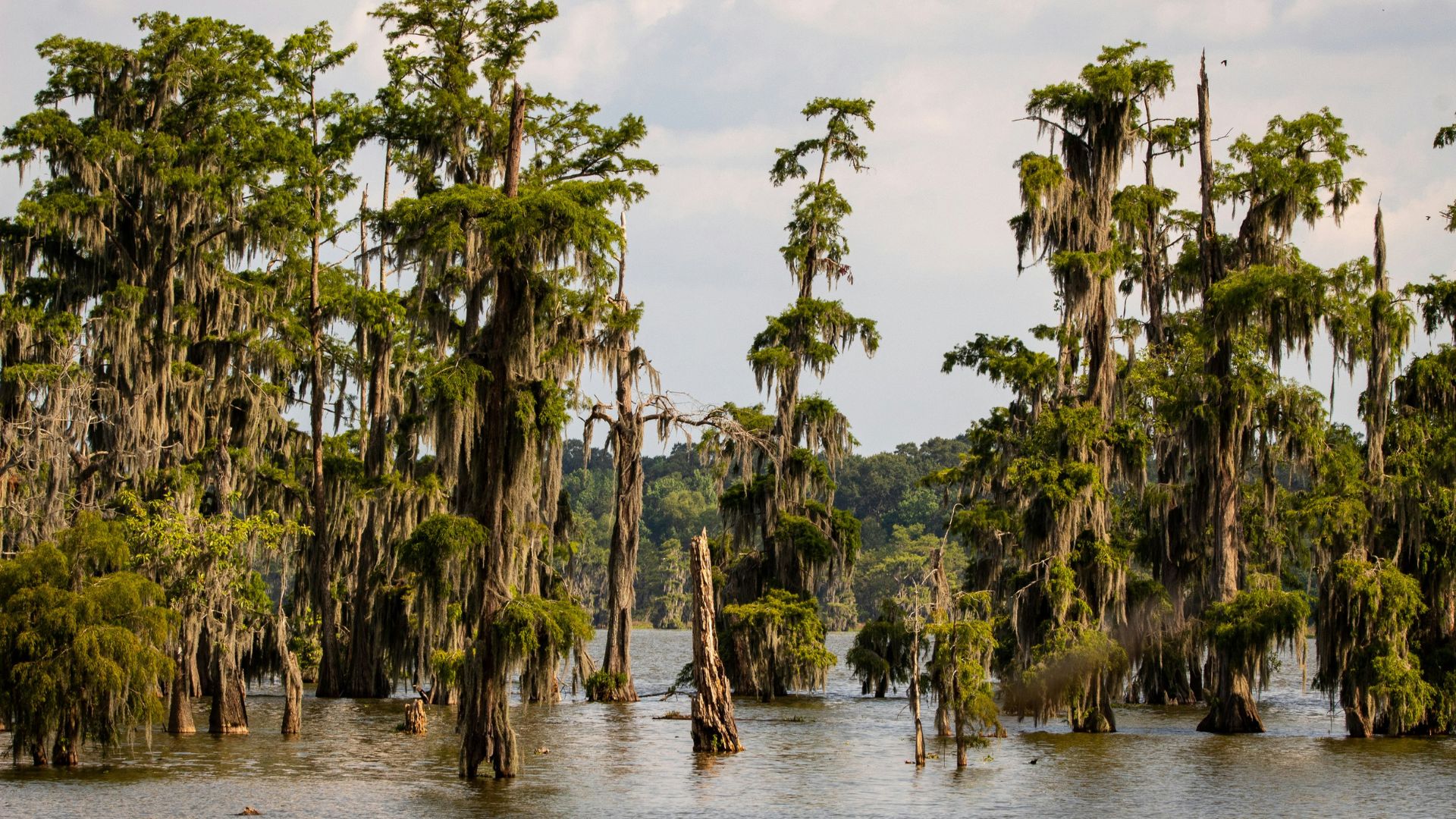
Source: Joshua J. Cotton/Unsplash
The wetlands are extremely important in allowing coastal regions to operate as normal. Marshes, bogs, and swamps help drain water and stop flooding from occurring further in-land. They serve as a valuable method of protecting coastlines from storms and filter poor quality water through their extensive root systems.
Wetlands Are Needed to Buffer Harsh Storms
One integral function of wetlands is the way that the areas are meant to lessen the effects of extreme storms,
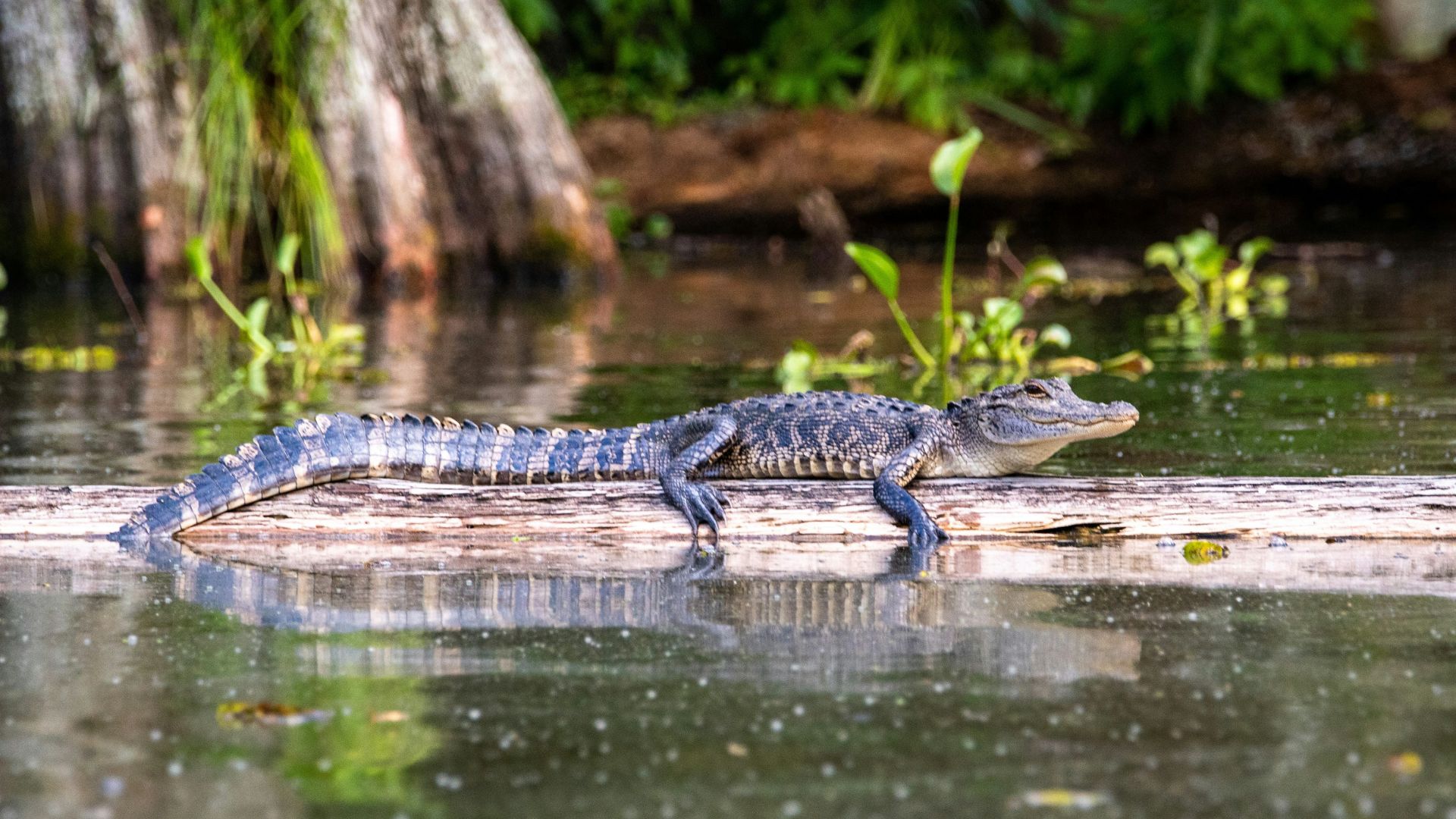
Source: Joshua J. Cotton/Unsplash
A reason why Hurricane Katrina hit the Gulf Coast so hard was that millions of miles of marshlands have been removed from the state. Louisiana is built under sea-level, and in the past, the wetlands have worked as a protective barrier to absorb most of the extreme flooding.
Climate Scientists Are Surprised by the Sea Level Rise
Although experts in the field are well-aware of the massive rise in sea-level, the water surrounded Louisiana has surprised scientists with a sudden spike.
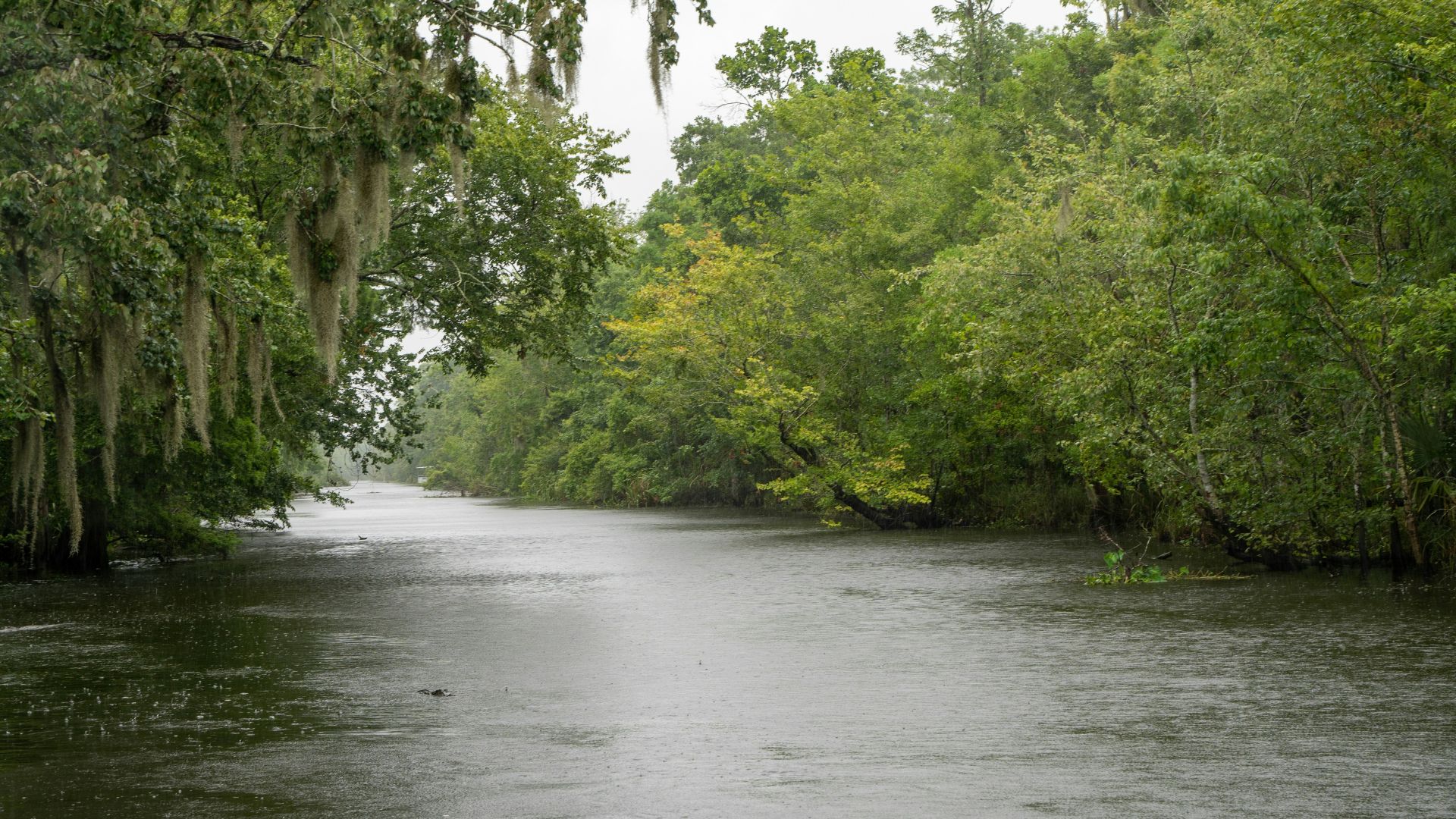
Source: Jessica Tan/Unsplash
Over the past 13 years, the world has continued to warm at increasing rates. The increase in global temperature has caused glaciers in the arctic to melt at alarming levels which then adds water to the oceans and rises the level of the tide.
How Melting Glaciers Affect Louisiana
Although on opposite ends of the spectrum, warm and swampy Louisiana is currently being directly impacted by the melting glaciers in the Arctic Circle.
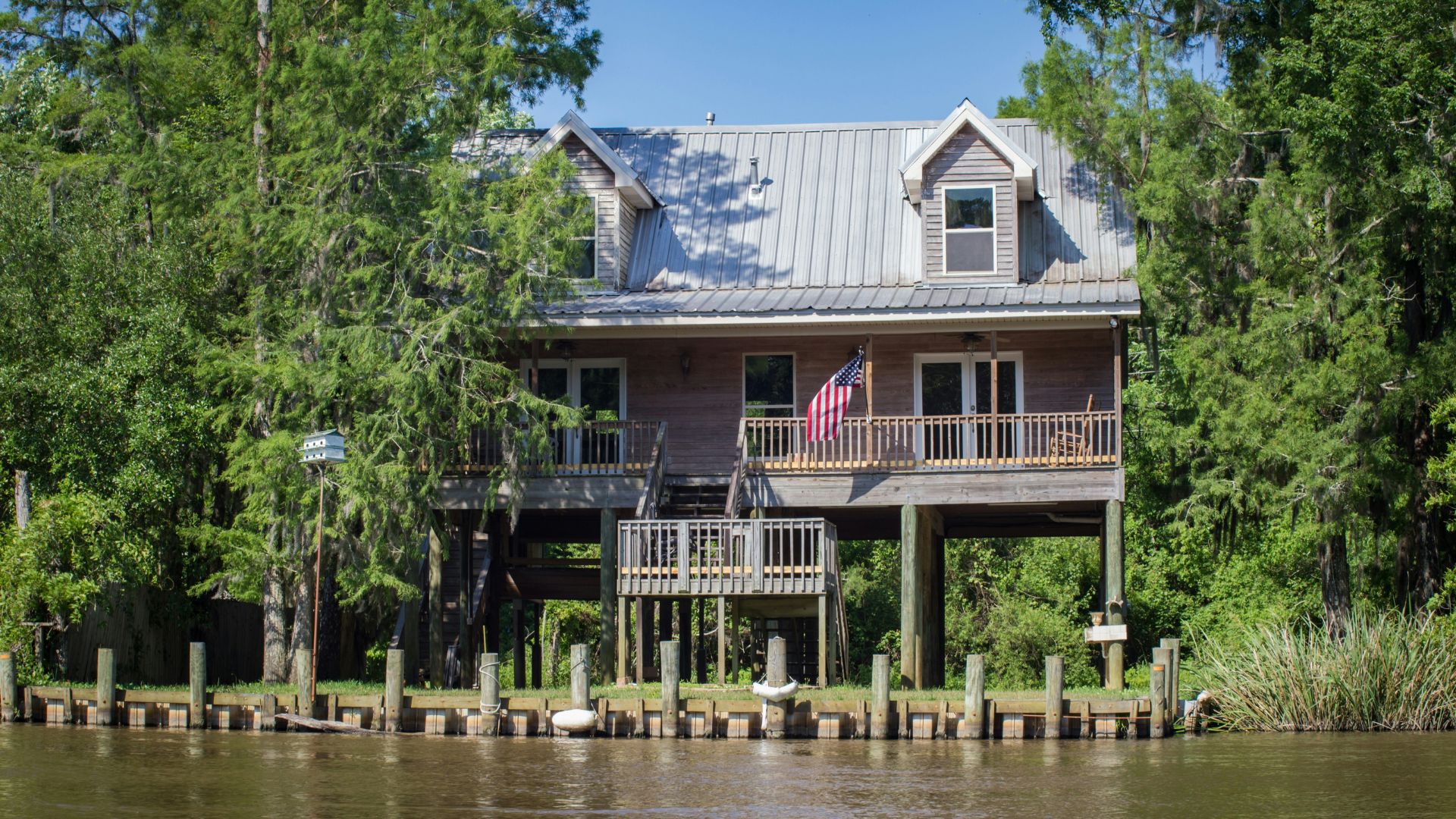
Source: JP Valery/Unsplash
What was once frozen water and stored above the ocean is now melting at alarming rates and adding trillions of liters of water to the oceans. The impact of more water in the ocean has widespread effects. For instance, because of the amount of melting since 1880, the sea level has risen around 8-9 inches globally.
Scientists Warn That a Collapse Is Looming in Louisiana
A new study has revealed that the sudden increase in water levels dramatically threatens life in the Pelican state.
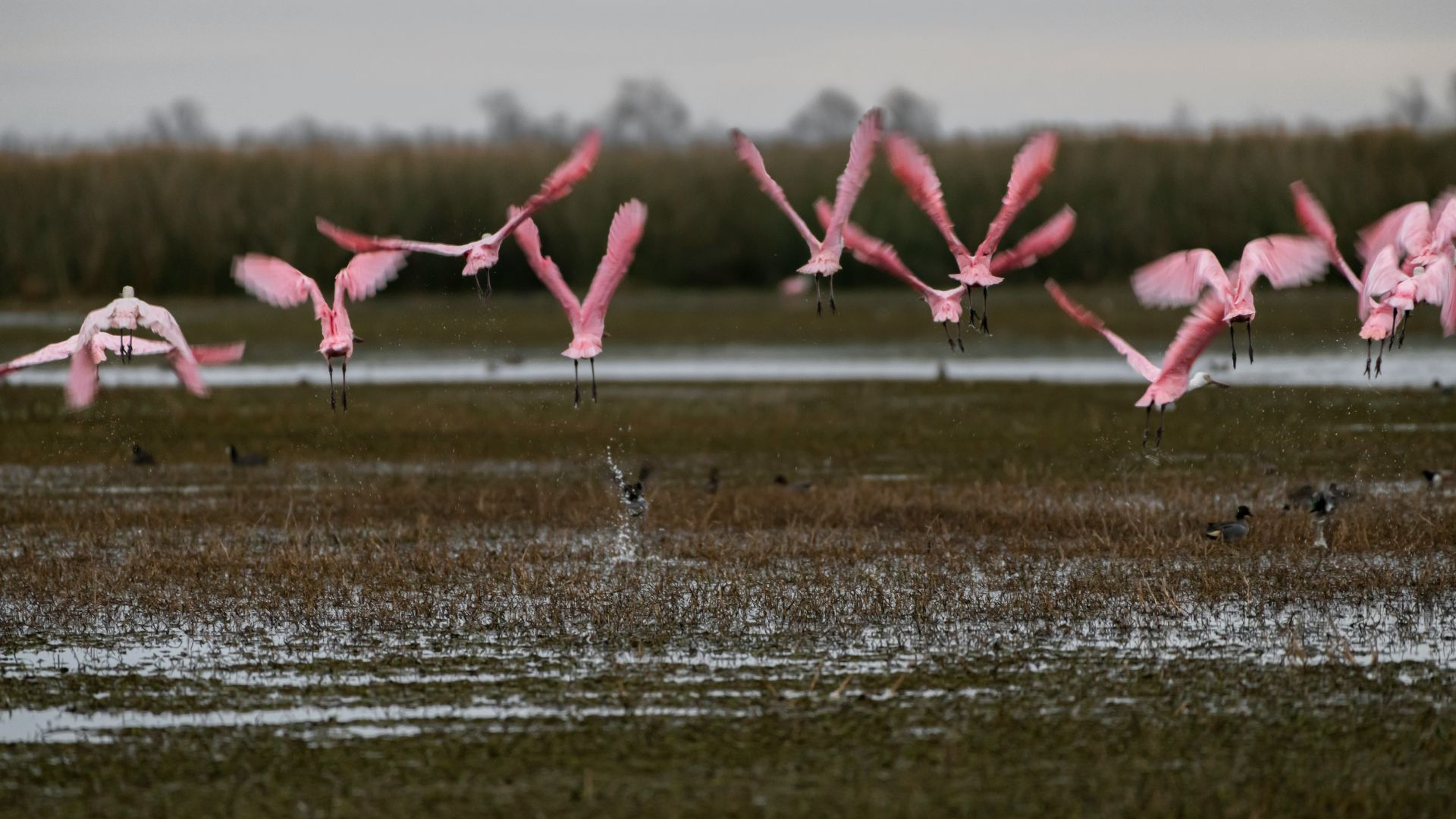
Source: Mier Chen/Unsplash
The journal Nature Communications outlined in a paper that out of the 90 sites that they monitor around the Louisiana coast, all of them show that the wetlands are unable to keep pace with the current rise in water levels.
Massive Rises in Water Levels in 2022
In 2022, the global sea level was the highest ever recorded.
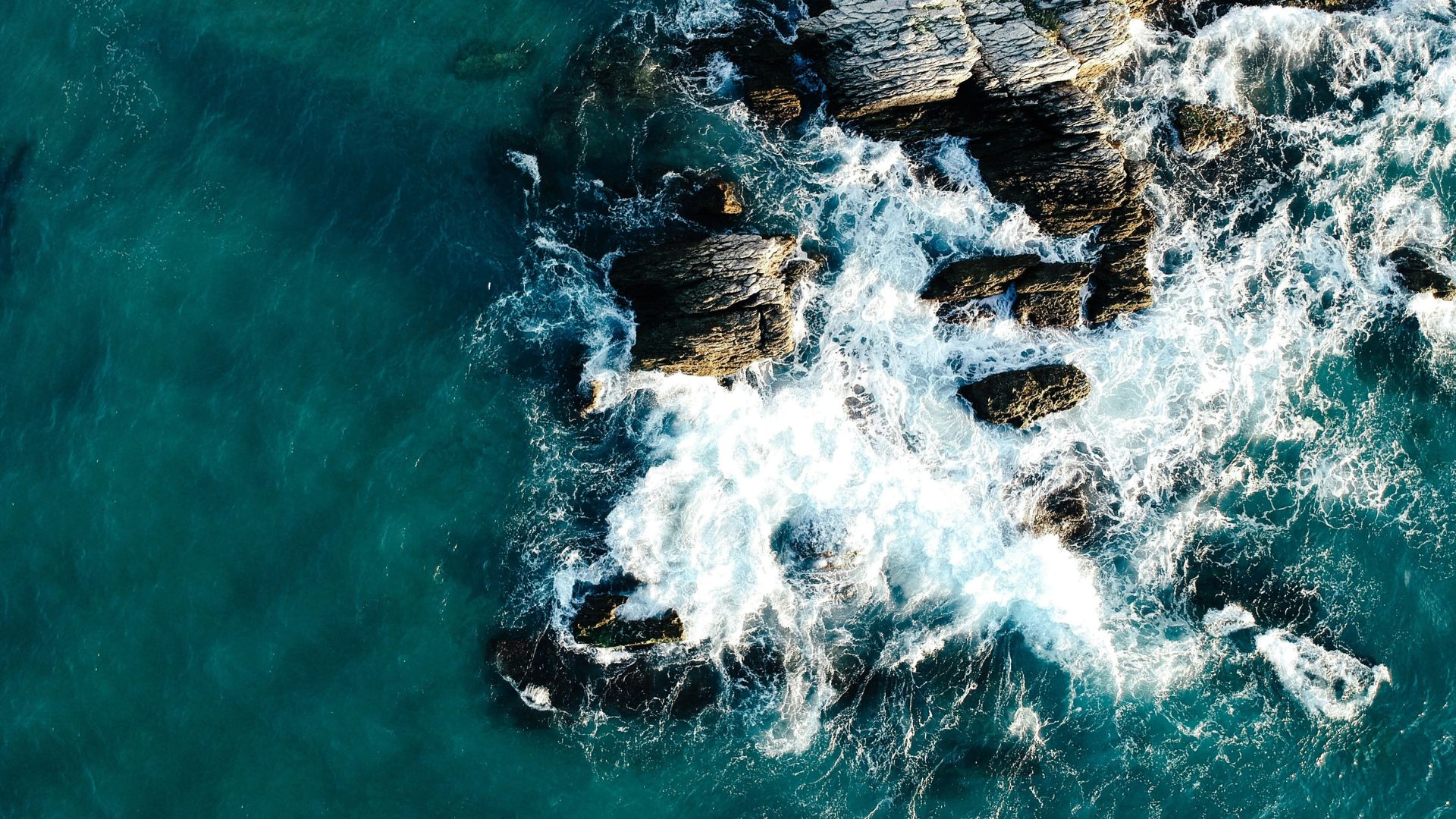
Source: Sencer B Yilmaz/Unsplash
Reports from NASA also found an increase in 0.3 inches on average on coastlines around the globe in just one year. While this number seems small, just inches of water level increase can decimate hundreds of feet of coastline.
Warmer Temperatures Tied to El Niño in 2023
The warmer weather experienced this year all over the globe has close ties to the El Niño weather front experienced in 2023.
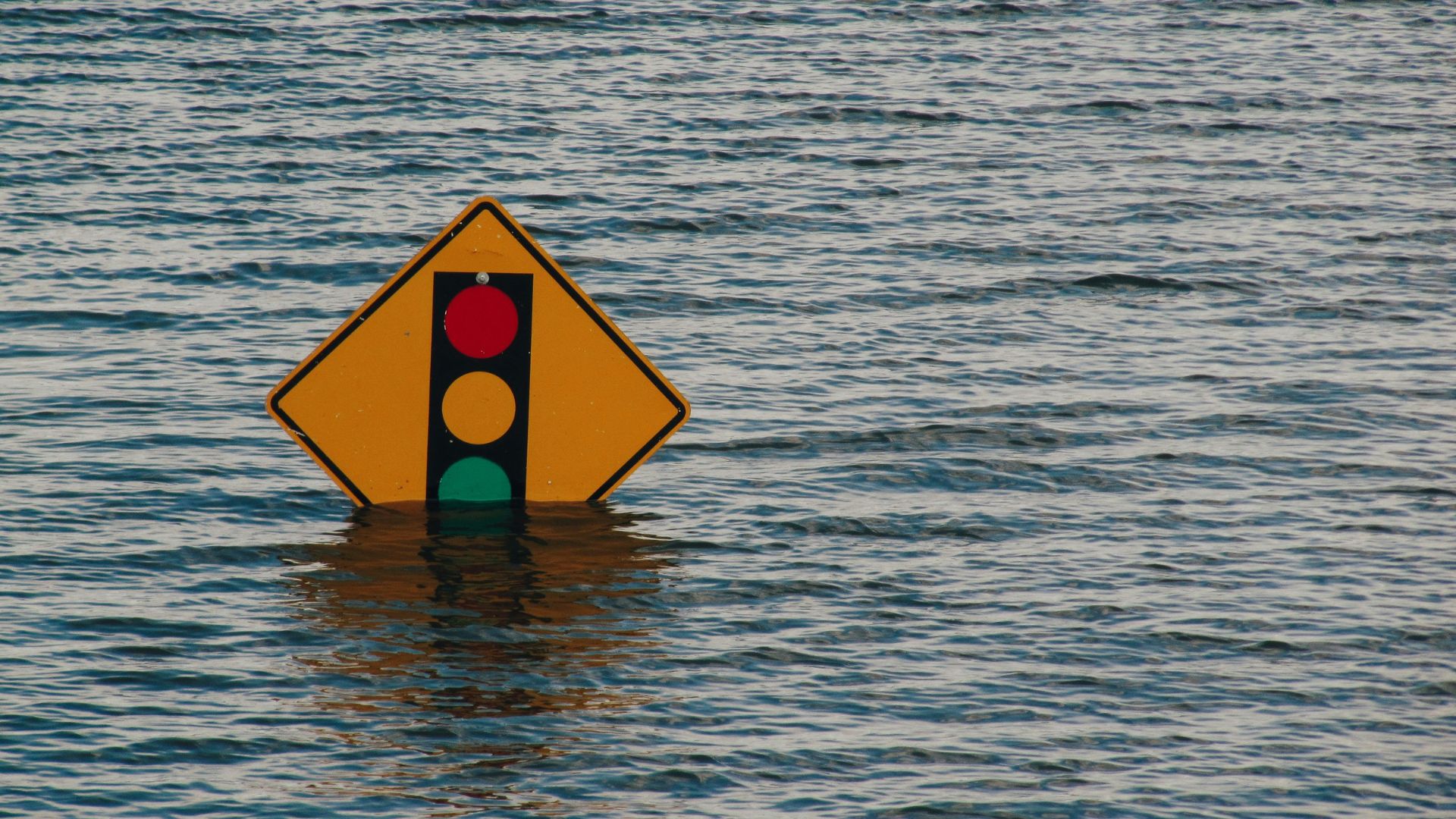
Source: Kelly Sikkema/Unsplash
Because of the massive warming in temperatures, coastlines all over the U.S. may not be able to keep up.
Climate Change Is a Massive Threat to Low-Elevation Coastal Zones
Because of the massive changes in the climate and water levels around the globe, low lying places like Miami and Louisiana will have a difficult time getting rid of the water when the cities start to sink.
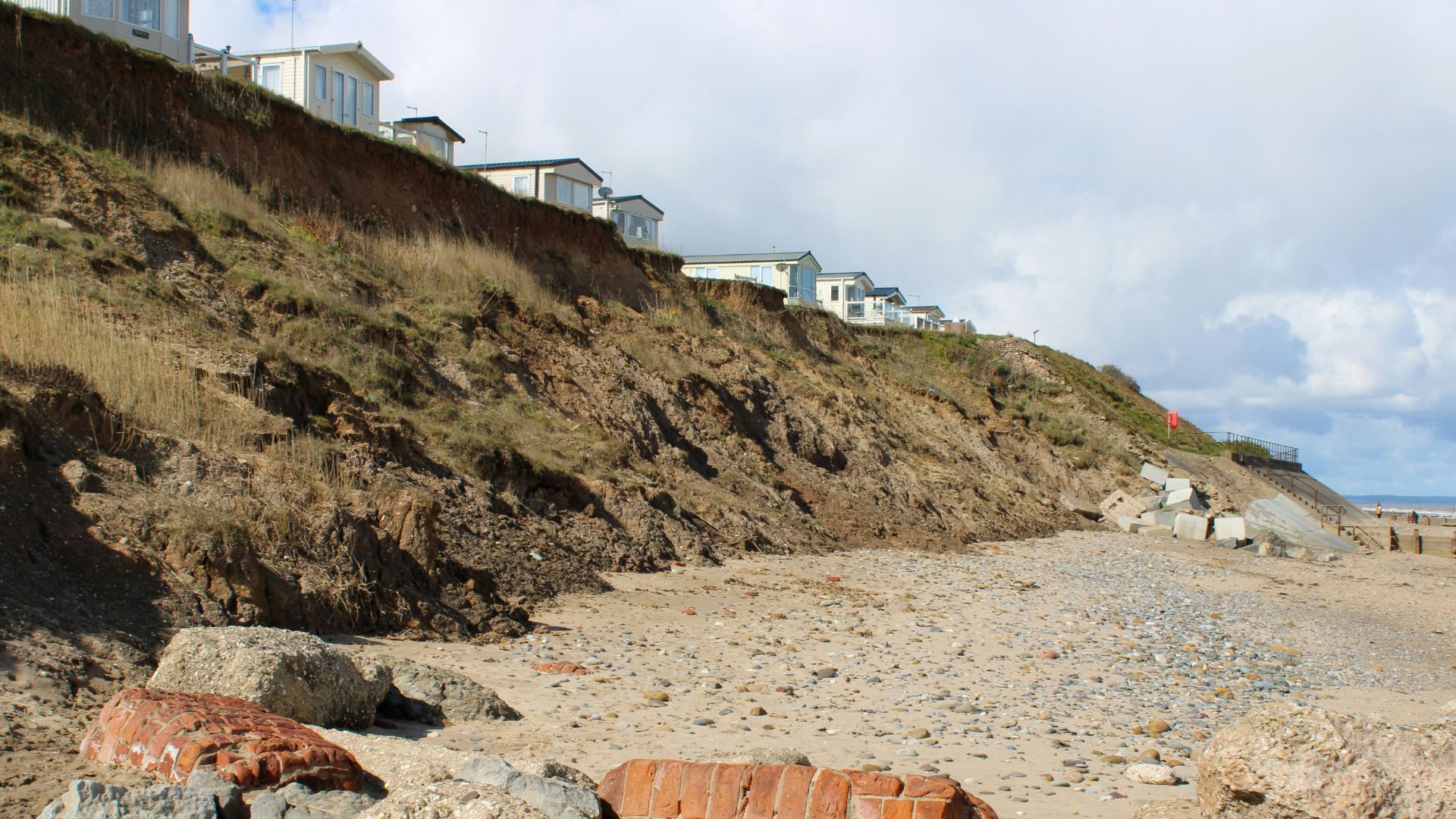
Source: Arjen Billan/Unsplash
The impacts will be felt even with small storms, as the wetlands will be unable to absorb the impact.
New Orleans Is Sinking Slowly
When New Orleans was first built, the city was actually constructed above sea level. However, the city has been sinking slowly due to massive development and allowing water to be pumped out of much needed aquifers.

Source: Brother Swagler/Unsplash
The massive levee system was partially to blame for some of the earliest erosion of the coastal wetlands. The levees, dykes, and ducts are man-made infrastructure that attempts to keep the water out.
Scientists Are Alarmed by the Erosion of Coastal Zones
Massive changes are occurring all around the world due to global warming and glacier melting.
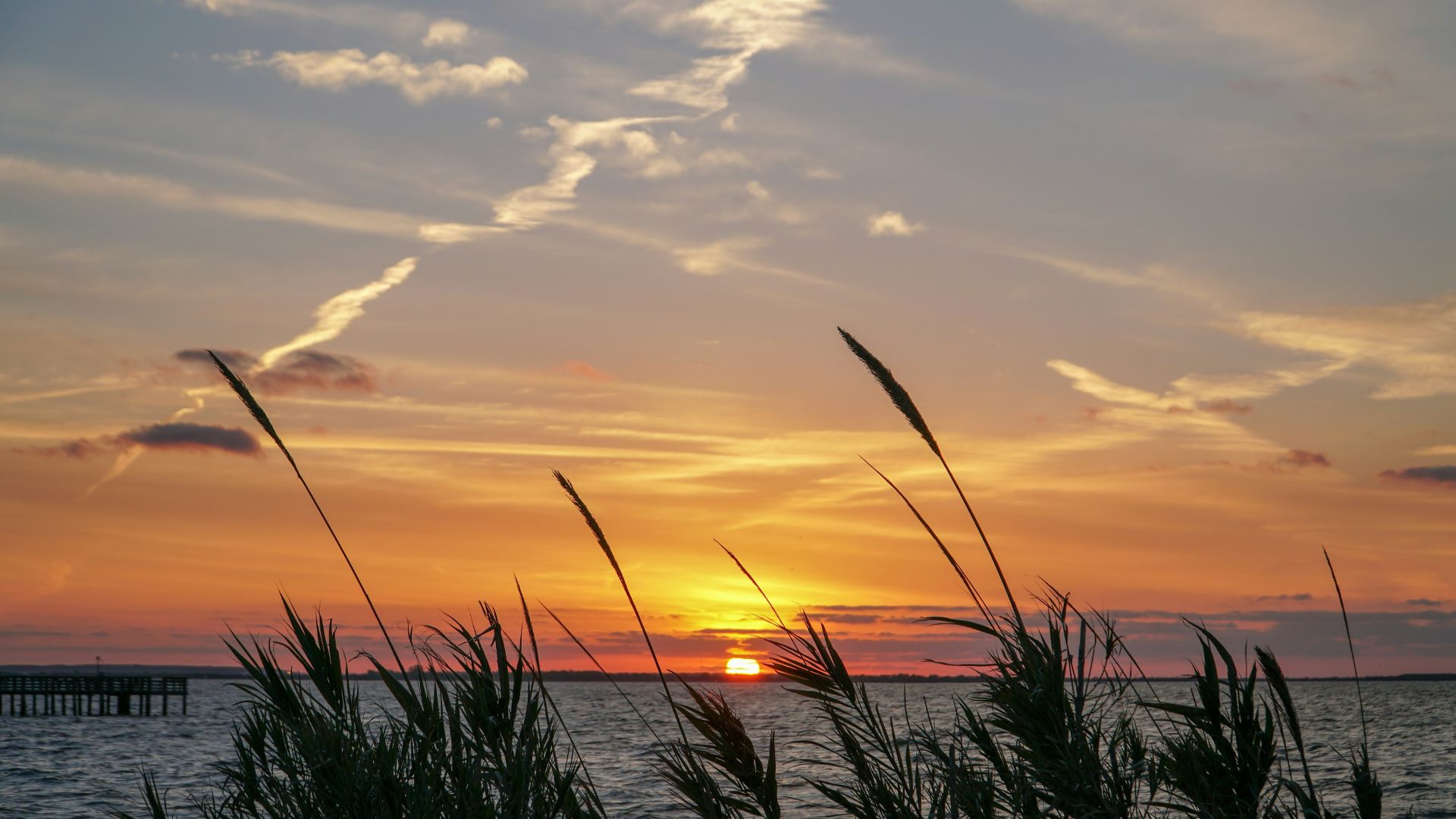
Source: Thomas Park/Unsplash
Scientists remain massively alarmed in Louisiana now that the marshes and wetlands are proving unable to drain the increased water levels.
Many Cities Around the World Re-Introducing Wetlands
As global warming increases and more studies are being published on the issue, many cities around the globe are understanding the importance of wetlands.
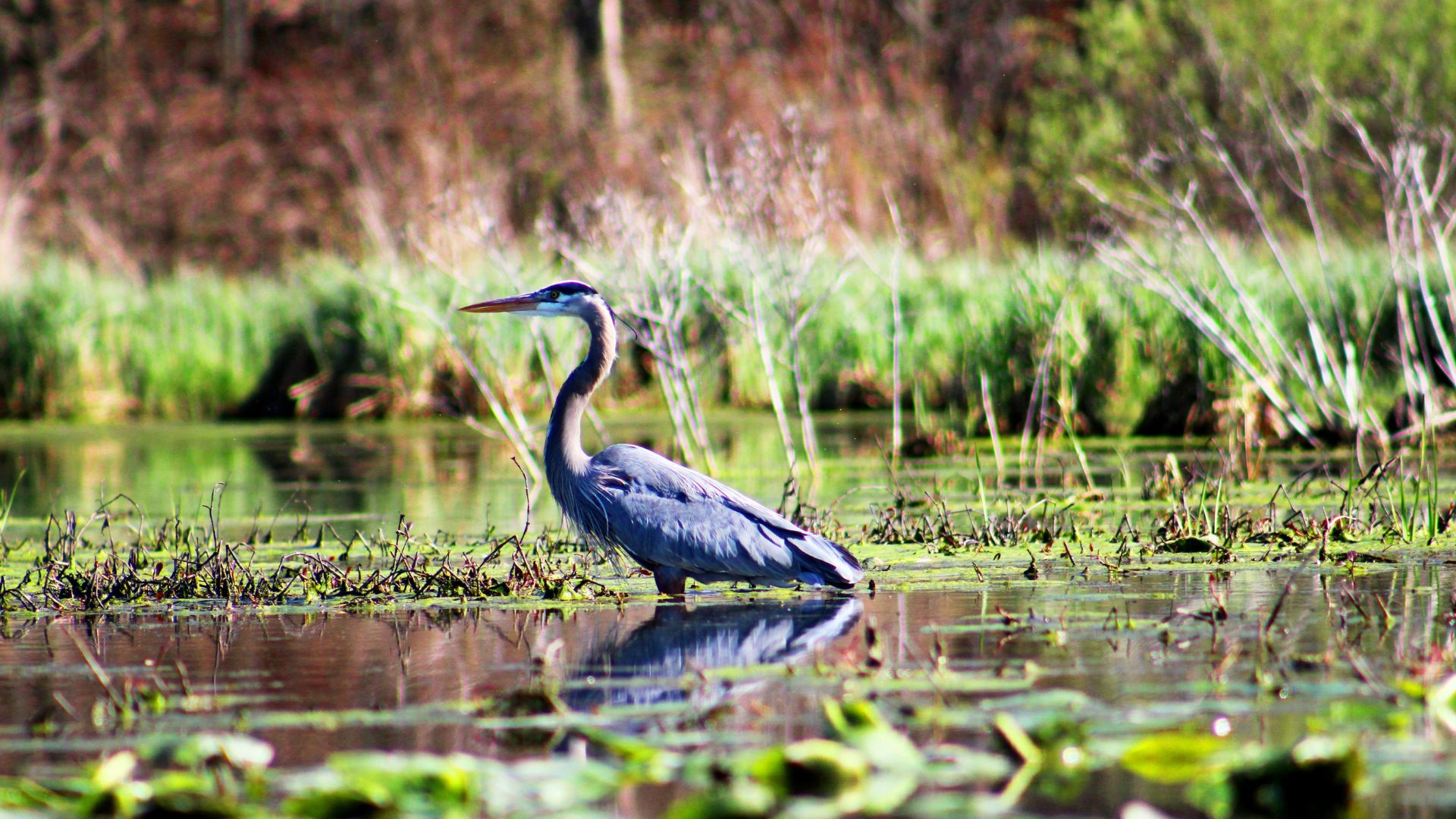
Source: Tyler Butler/Unsplash
For instance, China is now using “sponge cities” that are being constructed to soak up more water with increased green areas. Similar actions are being taken in the United Kingdom that desperately needs to reincorporate their massive bog system.
